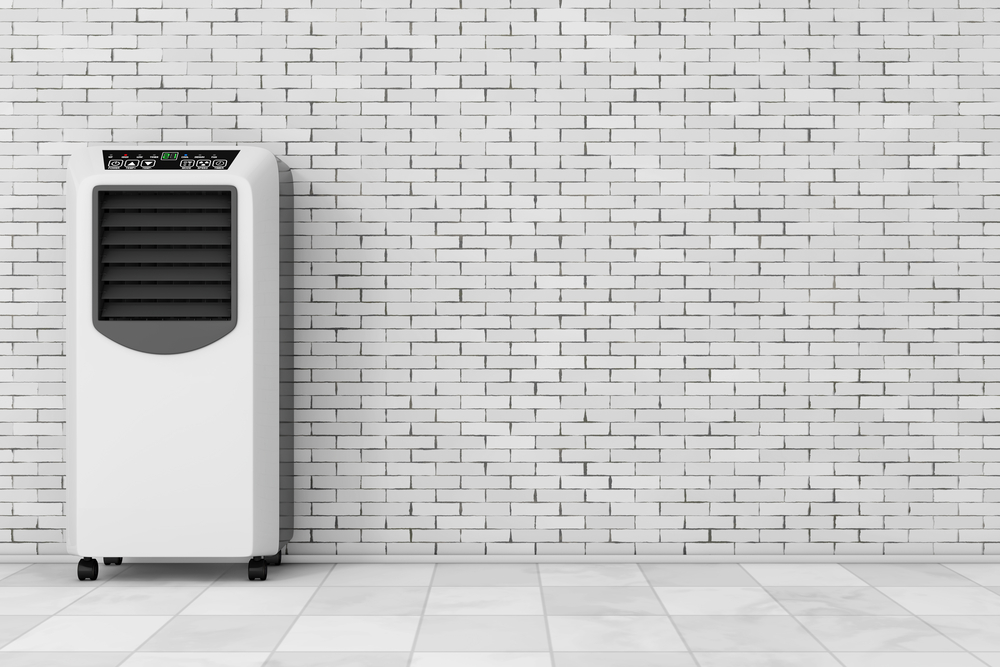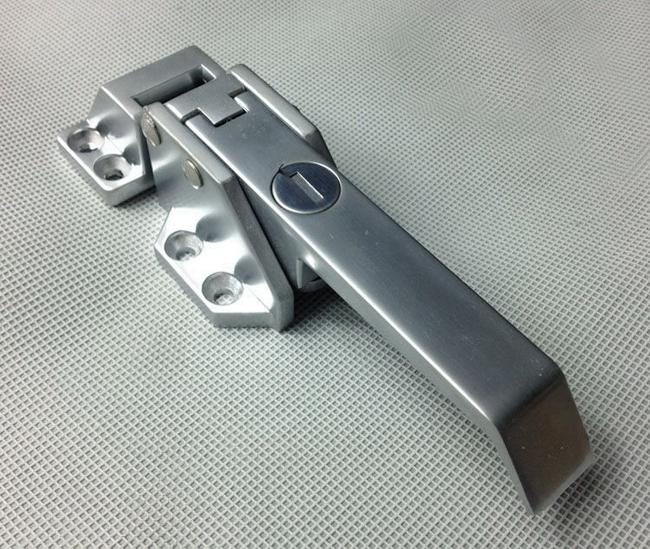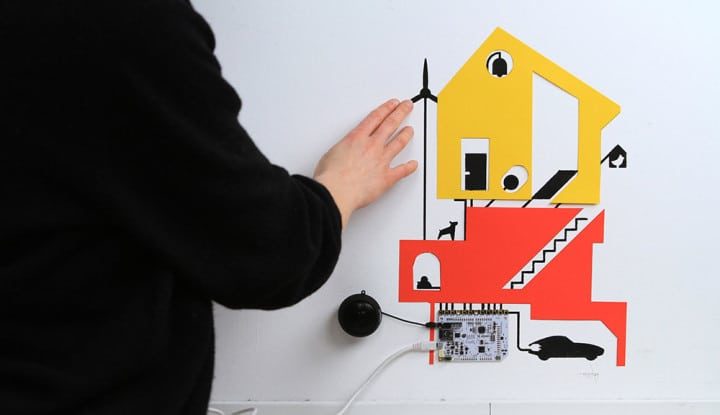
How to Choose a Portable Air Conditioner?
In an average American household, air conditioner could run about 750 hours per year. Air conditioning units consume a good deal of electricity. This is particularly true when the air conditioner has low EER or Energy Efficiency Rating. Unit with low end of energy efficiency could have EER value of 7. Efficient units usually have EER value of 12 and very efficient portable models can reach an EER value of 16. You should also know about the circuit load of the air conditioner. Before searching for the portable air conditioner, you should check the number of amps of the breaker box inside your home.
Regular air conditioning unit is generally quiet, because the condenser unit is separated and located outside your home. Portable air conditioner is placed next to the window and right inside your bedroom. So, it can be noisier than regular air conditioning unit. A 14,000 BTU air conditioner unit could have a noise level of about 50dB. This is the same with the loudness of regular refrigerator. A 16,000 BTU has a noise level of about 60dB, which is audibly quite noticeable. It’s equal in loudness with a TV unit with moderate volume level. So, you need to make sure that the portable unit has 50dB of loudness or lower.
When choosing an air conditioner unit, you can choose single or dual-hose unit. Single hose units exhaust the same portion of produced cool air from the room. Dual hose units use warmer unconditioned air for cooling down the compressor, so the efficiency level is usually lower. Dual-hose unit also have a couple of internal fans, which will increase electricity consumption. There are some tricks to improve the efficiency level of portable air conditioner. As an example, you can wrap insulation material around the hose of your single hose unit. This will prevent warm air from the exhaust to enter your room again.
It is as easy as wrapping a few layers of duct tapes around the hose to make your room cooler and reduce power consumption. Another issue is how the portable unit dispose water from the dehumidifier component. It would be convenient to choose an air conditioner unit that has auto evaporation feature, so you don’t need reservoirs or drains. However, the reliability of such feature could vary from unit to unit. There are also units with a separate water hose. This can be problematic if there’s no drainage hole near the portable unit. Dumping the water through the window could also be tricky, if the water hose is lower in height than the window.
So, if you choose the wrong type of portable air conditioner, you will up needing a big bucket for the water, so your bedroom won’t be flooded as you sleep at night. It may not be a problem, if you remember to dump the water outside regularly, but sometimes we just forget. The last but not the least, is the price of the portable unit. Some more expensive units are often more efficient, so they end up costing less to operate and maintain, but it’s not always true. So, you need to carefully choose the right model that balances between price, features, operational costs and reliability.





